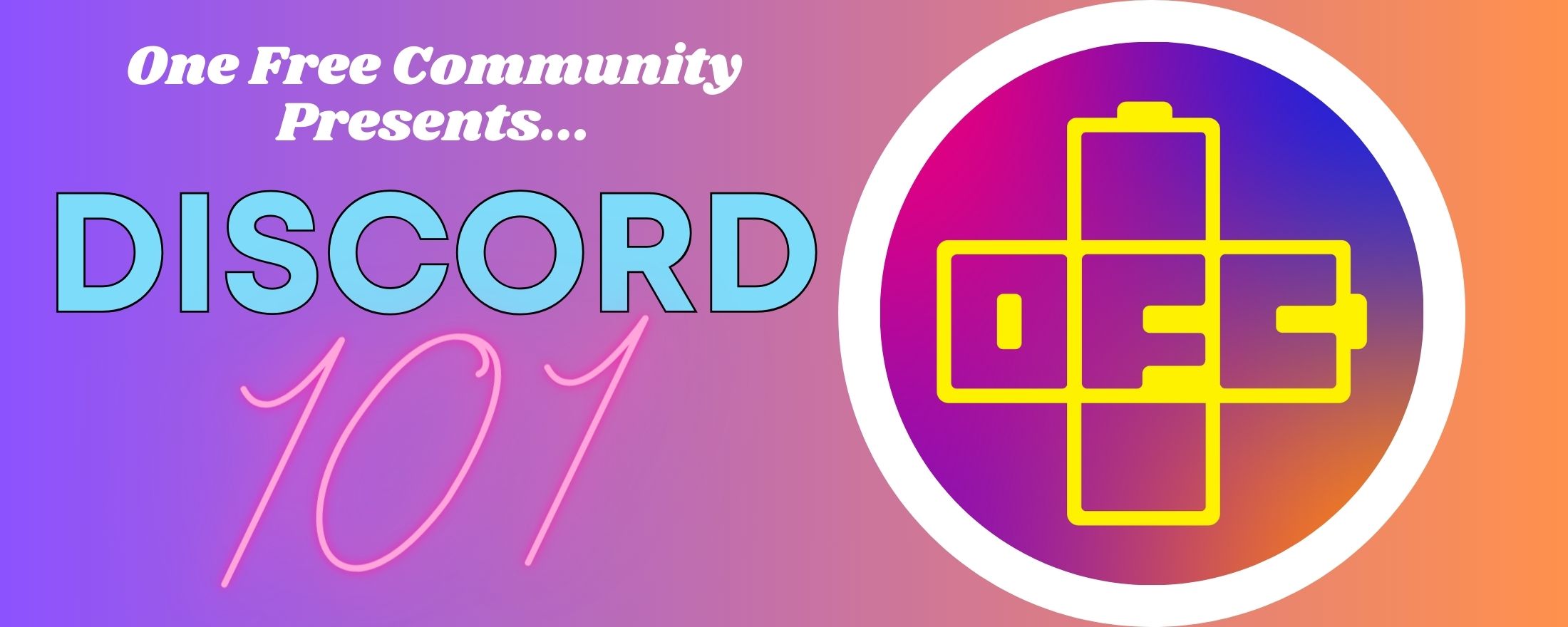
Unlocking Discord: Your Guide to One Free Community’s Inclusive Hub
Join us for an interactive session in the One Free Community server! Learn the ropes, connect with amazing folks, and discover how Discord can empower our community.

Join us for an interactive session in the One Free Community server! Learn the ropes, connect with amazing folks, and discover how Discord can empower our community.
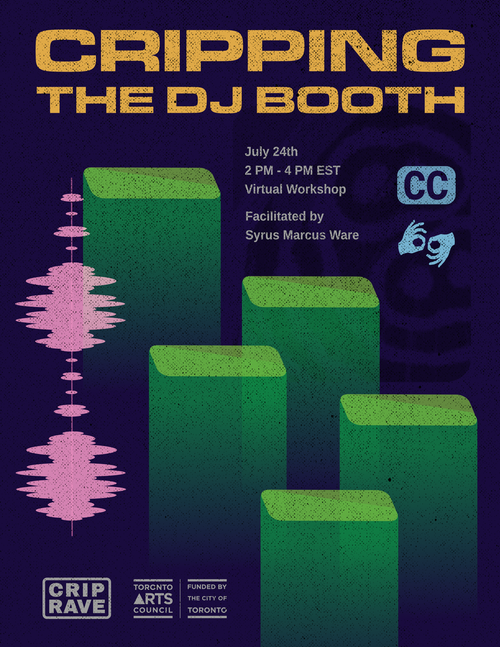
Crip Rave™ is a Toronto-based collective, event platform, and consulting hub showcasing and prioritizing Crip, Disabled, Deaf, Mad and Sick body-minds within safer and more accessible rave spaces.

Are you producing an accessible performance or are you part of the disability community and need accessibility? We highly recommend checking out Bay Area Accessible Performances, a fantastic resource brought to you by Gravity Access Services.
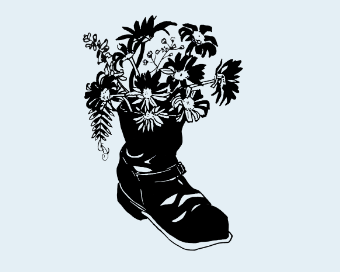
Part of our mission is to network together amazing communities to help us all support each other and share resources! We made another connection this week with Wildflower Alliance.

Creative Commons is a non-profit organization that provides a set of licenses and tools designed to enable the sharing and use of creative works while giving creators the ability to choose the level of flexibility and protection they want for their creations. Creative Commons licenses allow creators to retain copyright while allowing others to use their works under certain conditions.
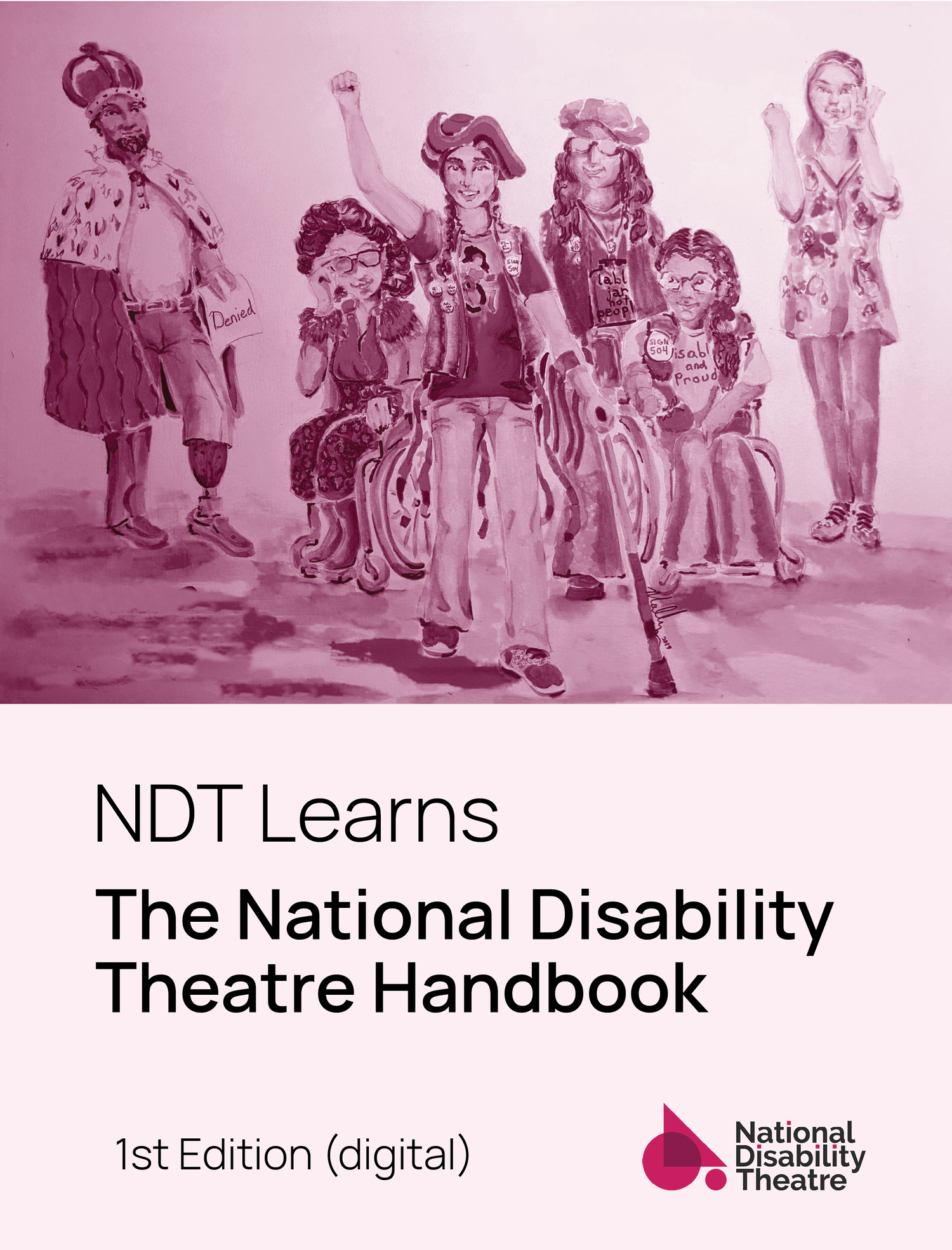
The National Disability Theatre Handbook is an exceptional resource that brings together big ideas and practical resources for the world of disability theatre. Having contributed to its content and audio version, I can attest to its profound impact.
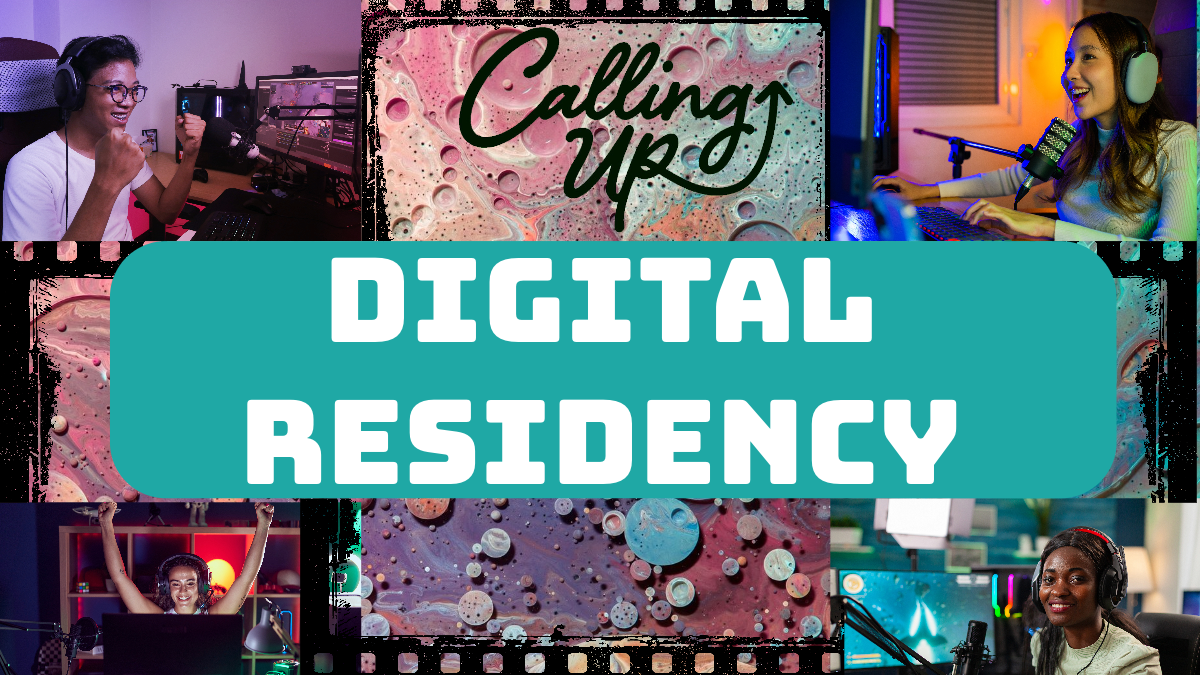
Are you ready to embark on a transformative artistic journey that merges creativity with social impact? The Calling Up Justice Digital Residency is your gateway to a unique experience that fosters both artistic growth and personal development. Open to individuals from high school students to adults, this innovative digital residency program spans three enriching sessions conducted over the internet.
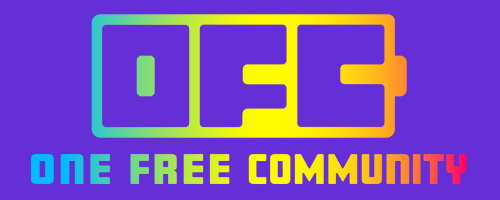
🌈 Your journey towards meaningful connections begins at One Free Community – where every interaction is an opportunity to shape a brighter, more empathetic world. Join us today, and let’s redefine community together! 🌈
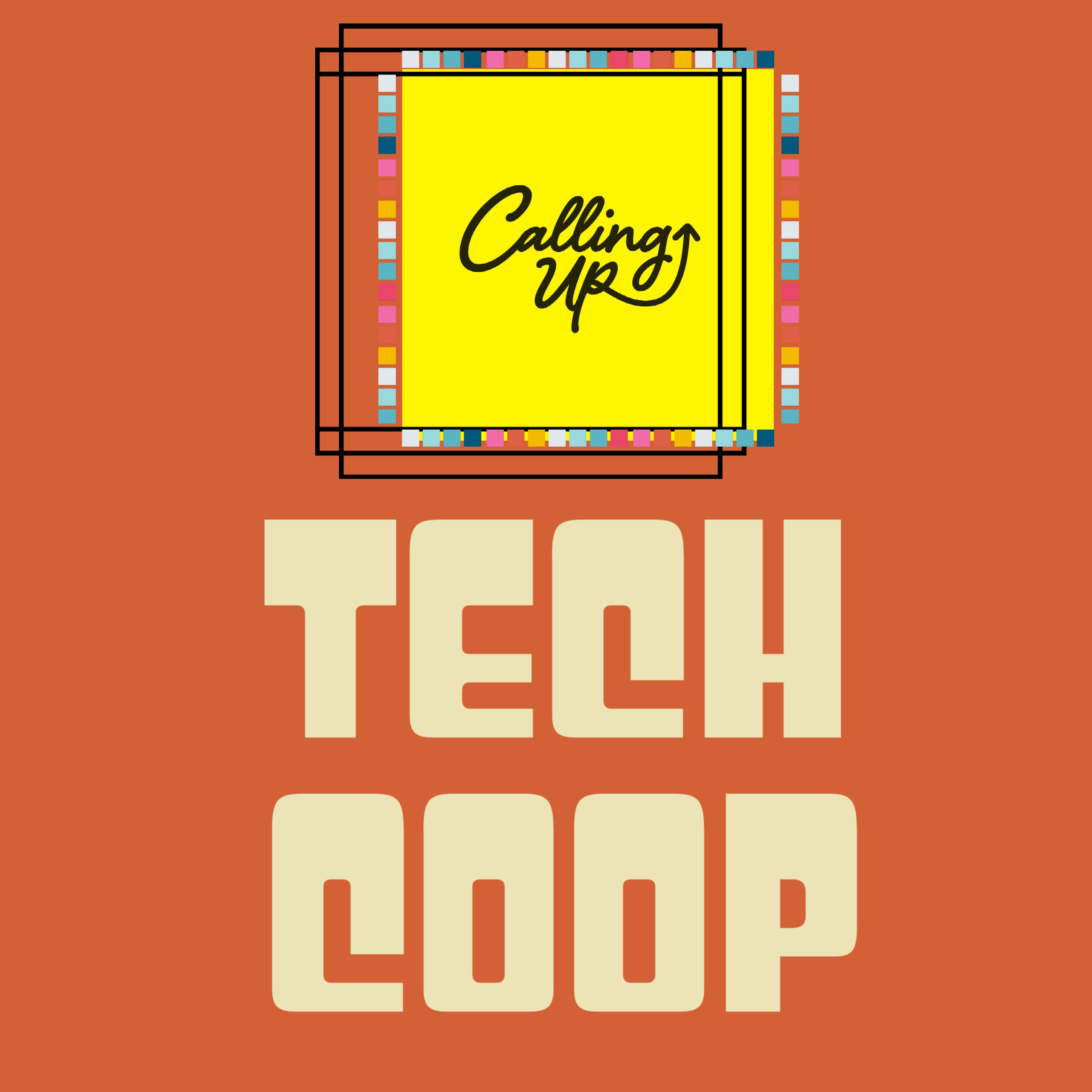
Are you passionate about using technology as a force for positive change? At Calling Up Justice, we are committed to empowering marginalized communities through the transformative power of technology. We believe that access to digital tools and knowledge can create opportunities and amplify voices that have historically been unheard. read below to learn how we share power and how you can join us!
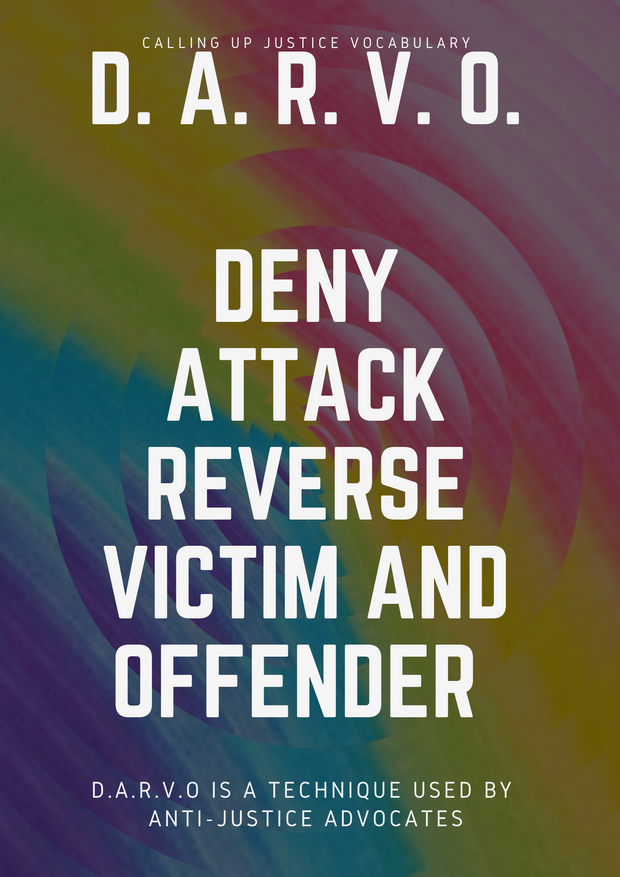
Calling Up Justice uses this handy acronym as a great way to understand a manipulative technique used by abusers. Deny. Attack. Reverse. Victim and Offender. DARVO!
Copyright © 2023 Calling Up! • Site Design by MULTO.com
Calling Up Justice is fiscally sponsored by Intersection for the Arts, a 501(c)(3) nonprofit organization, which allows us to offer you tax deductions for your contributions. Please make checks payable to Intersection for the Arts, and write “Calling Up Justice” in the memo line. This ensures that you’ll receive an acknowledgement letter for tax purposes, and your donation will be available for our project.